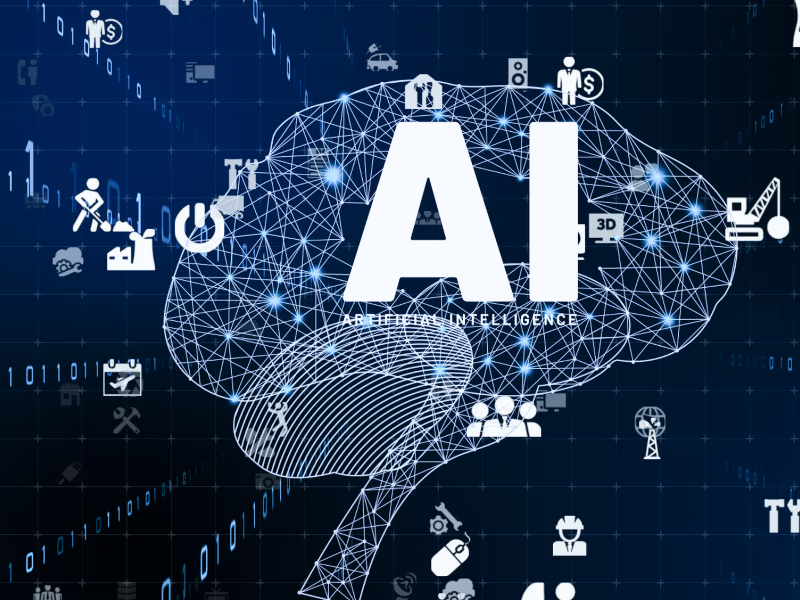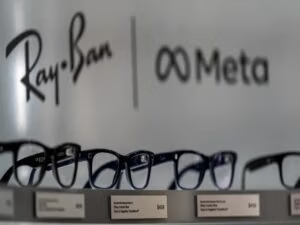The United Arab Emirates has unveiled a new Arabic-language artificial intelligence model, Falcon Arabic, as part of its wider push to become a global AI powerhouse. The launch comes amid intensifying competition across the Gulf to develop cutting-edge AI technologies.
Developed by Abu Dhabi’s Advanced Technology Research Council (ATRC), Falcon Arabic is designed to reflect the full linguistic diversity of the Arab world using a high-quality, native Arabic dataset. According to ATRC, the model matches the performance of others up to 10 times its size, making it both efficient and scalable.
“Today, AI leadership is not about scale for the sake of scale. It is about making powerful tools useful, usable, and universal,” said Faisal Al Bannai, Secretary General of ATRC.
In addition to Falcon Arabic, ATRC also introduced Falcon H1, an advanced model that reportedly surpasses offerings from major tech firms like Meta and Alibaba by reducing the computational demands typically required to operate such systems.
The UAE, a major oil exporter, has been investing billions into AI and emerging technologies, leveraging its strong ties with the U.S. to gain access to advanced semiconductors and infrastructure. U.S. President Donald Trump, during a recent visit to the region, described a new AI agreement with the UAE as a pathway for the country to obtain high-end U.S. AI chips, a significant milestone in the country’s tech ambitions.
AI was also a central topic during Trump’s visit to neighboring Saudi Arabia, which recently launched a dedicated company focused on developing AI technologies and infrastructure. Saudi officials said the initiative aims to deliver one of the world’s most advanced multimodal Arabic large language models.
The Gulf’s AI ambitions are rapidly evolving as nations seek to become central players in the global tech landscape. (By Reuters)






